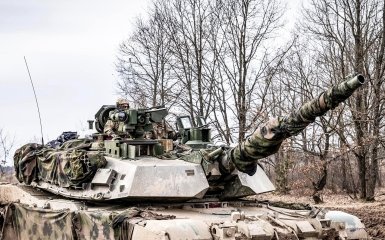The Chairman of the NATO Military Committee, Admiral Rob Bauer, states that the Alliance is ready for a possible military conflict with Russia as of today.
NATO will be able to repel Russia in case of war
Rob Bauer points out that the members of the bloc realized the change in the security situation as early as 10 years ago, when Russia occupied the Ukrainian Crimea.
What is also important to understand is that in 2019, NATO countries began to return to collective security:
They changed the defence strategy, operational planning, and the forces needed to accomplish all these tasks.
Moreover, NATO finally realised its side in terms of returning to collective security.
Because the enemy decides when and where they attack you and how long the conflict lasts. Unfortunately, Ukraine was convinced of this. Are we ready? Answer: Yes! It is our main task — to be prepared. If it happens today, you must fight with what you have. It's always a combination of being prepared for today while improving opportunities for the future.

Rob Bauer
Chairman of the NATO Military Committee
NATO is expanding its sphere of influence
Admiral Rob Bauer points out that, the bloc's forces have rapidly expanded their presence in the Baltics over the past 8 years, and with the start of a full-scale war — in Slovakia, Hungary, Romania, and Bulgaria.
Now we have eight such combat groups with the number of a battalion, which, if necessary, can be combined into a brigade. The relevant countries are constantly working on this mechanism. If more is needed, then we will consider it. But for now this is enough, explained the NATO top military.
He noted that the modern war could move into another dimension.
First, it concerns cyberspace, the info area, and outer space.
Moreover, Russia is trying to strengthen its influence in the Arctic, the western Atlantic Ocean, Africa, the Mediterranean, and the Black Sea.




